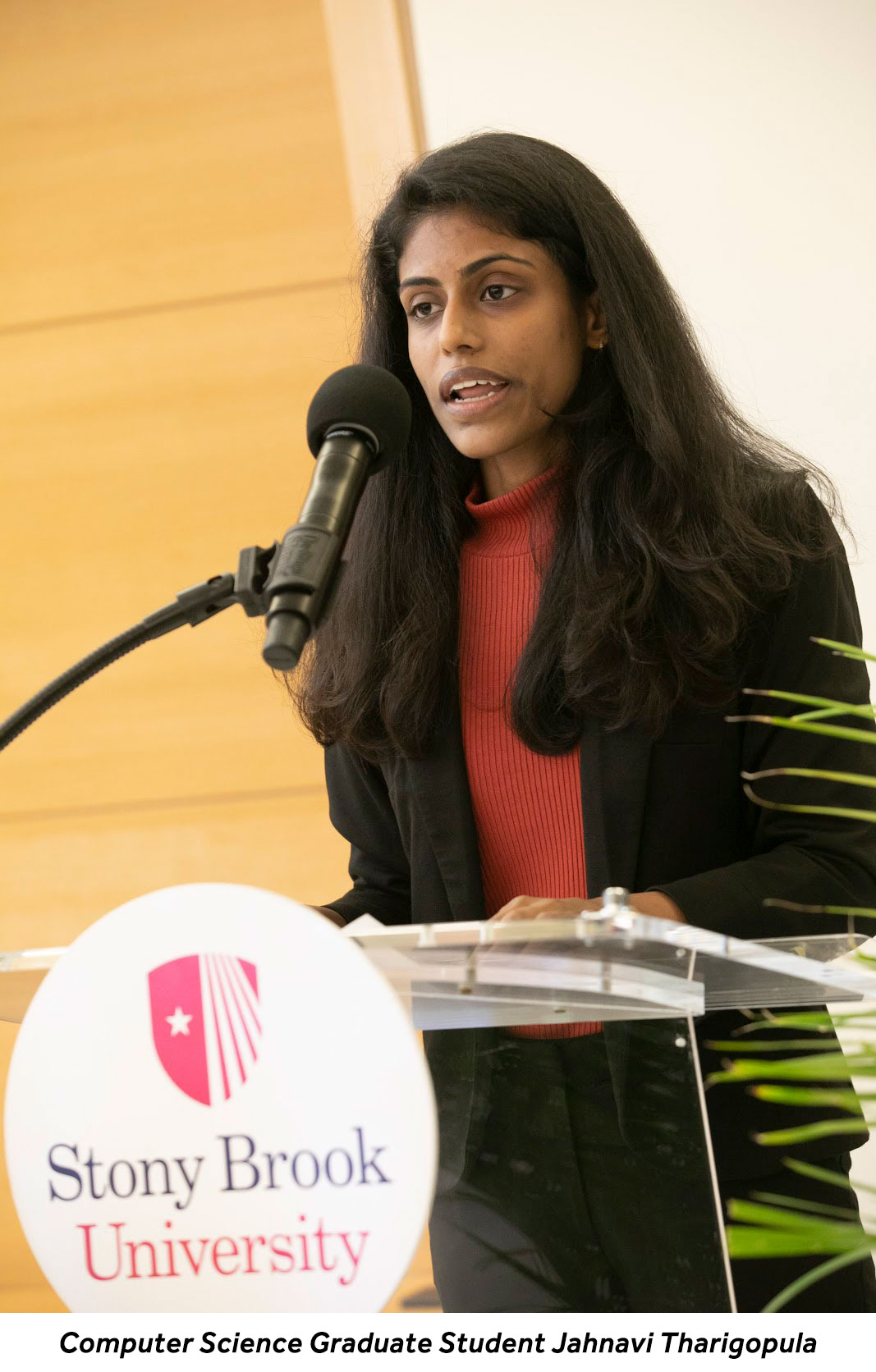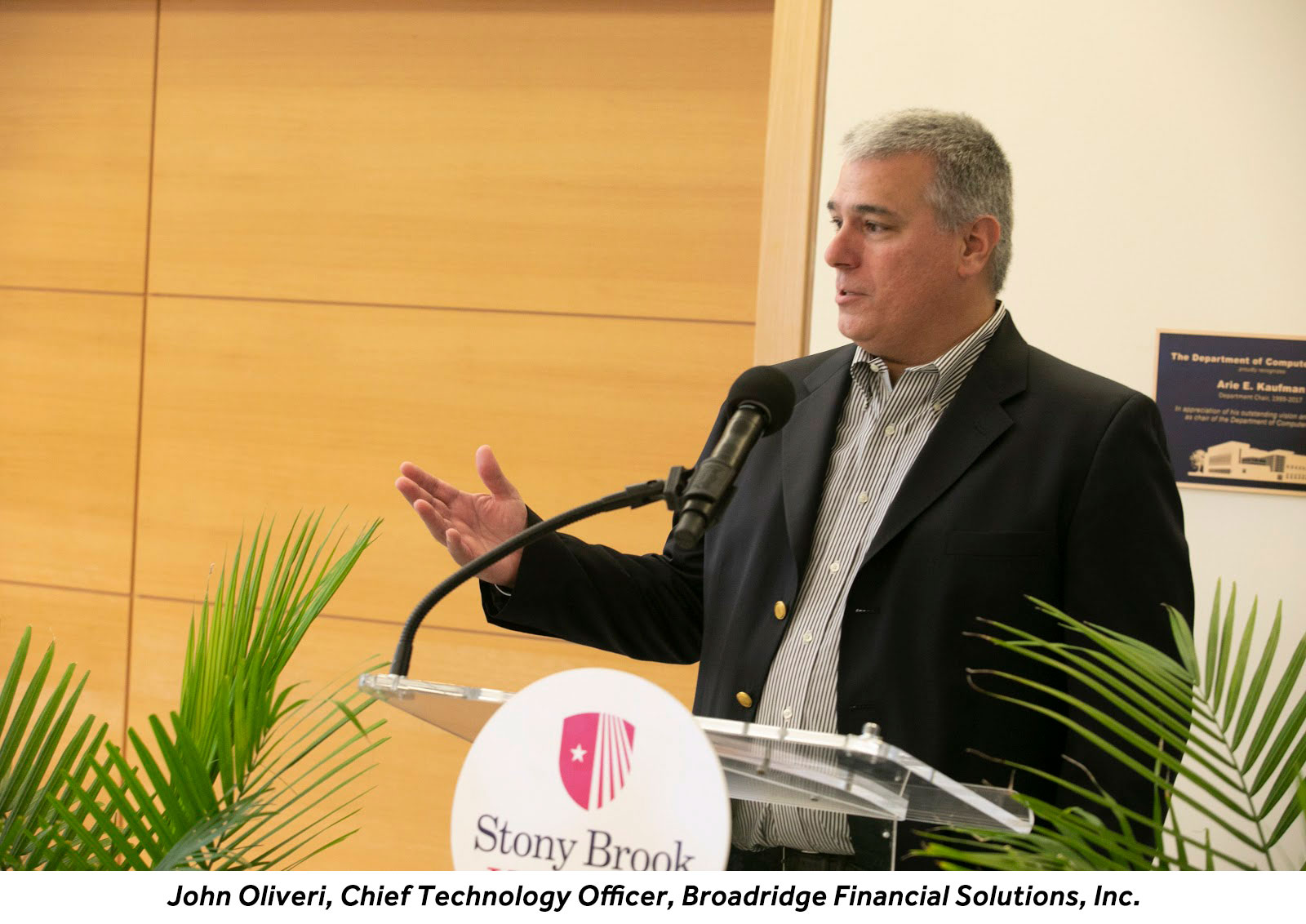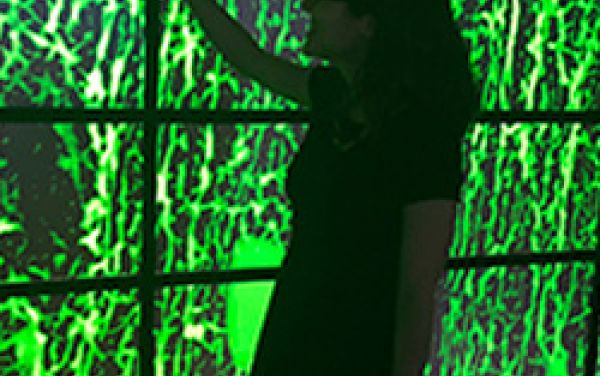The AI Institute celebrates this year’s Catacosinos Fellowship awardees.
Earlier this year, AI and computer science doctoral students Bo Li, Fatemeh Almodaresi and Zijun Wei were recognized by the Catacosinos Fellowship Fund for their research and academic accomplishments.
“For several decades, Catacosinos awards have supported computer science students. In fact, one of the earliest awardees was Prof. C.R. Ramakrishnan, a professor and alum in the department who leads our selection committee,” said Samir Das, chair of the Department of Computer Science in the College of Engineering and Applied Sciences.


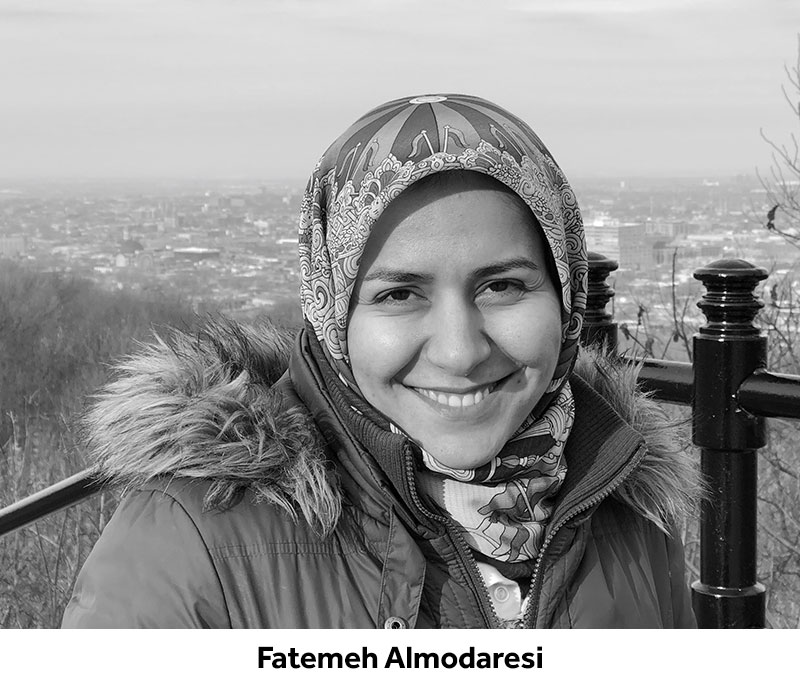
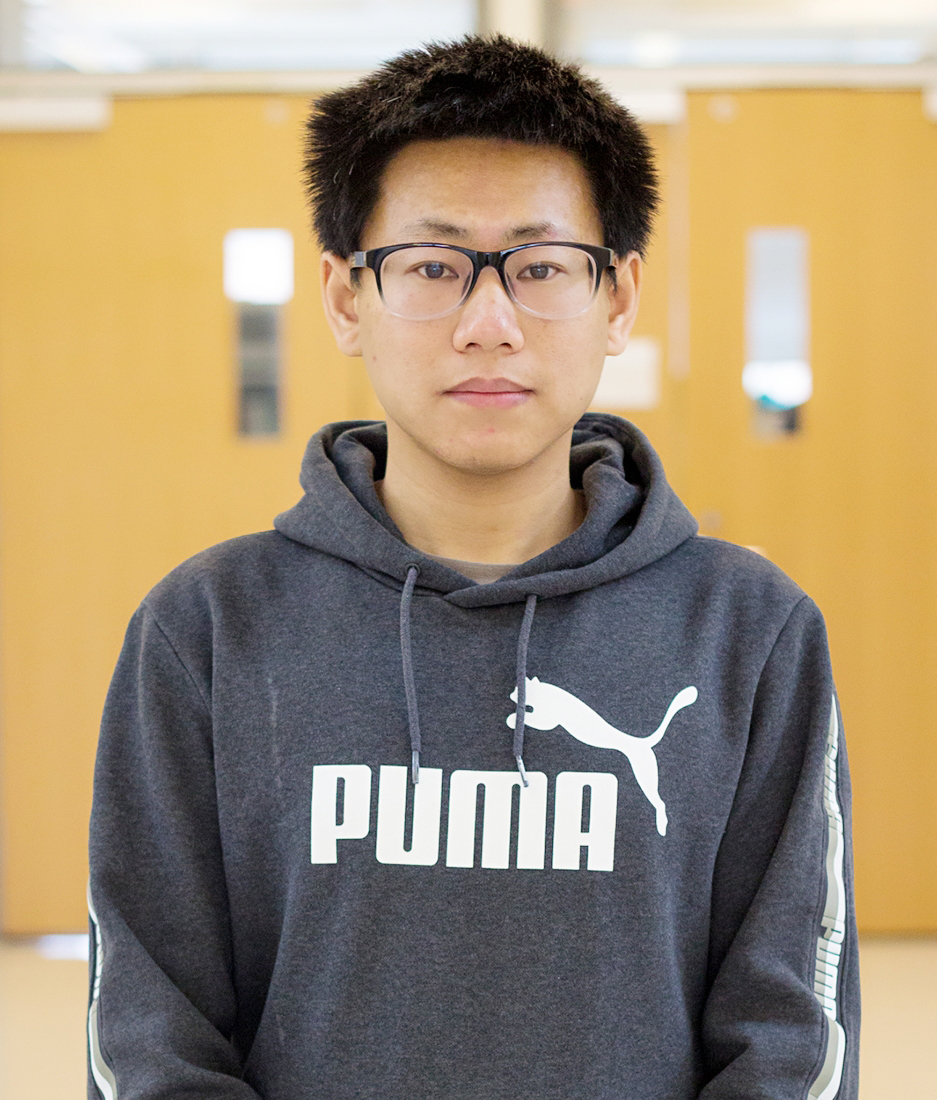
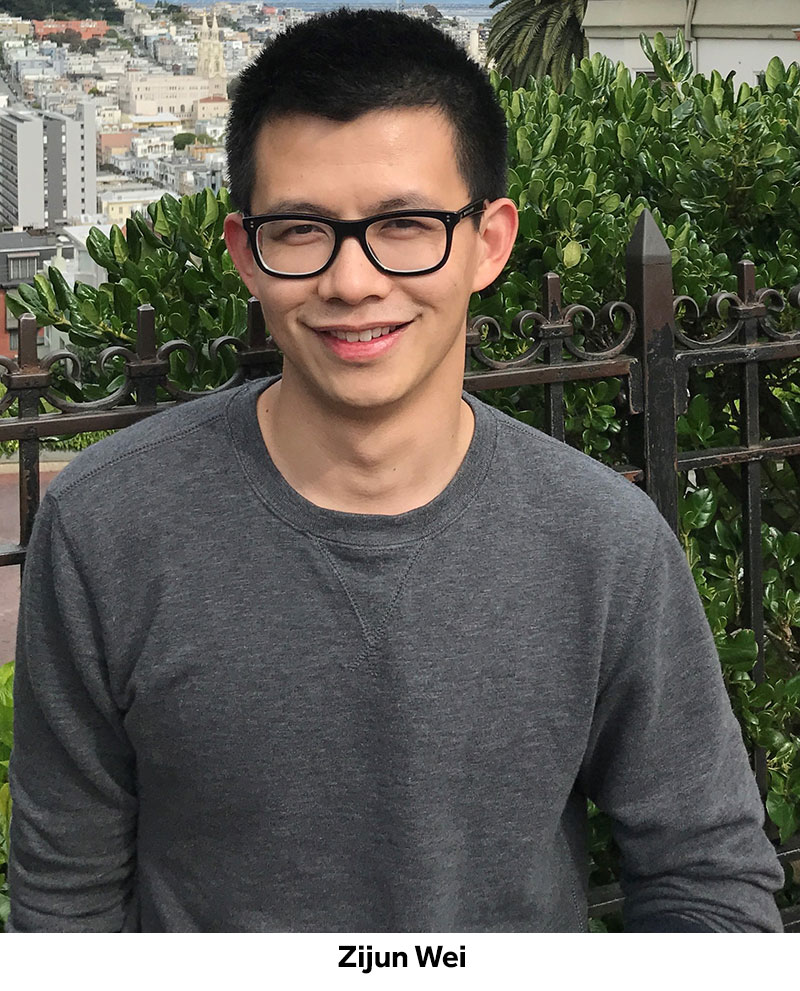
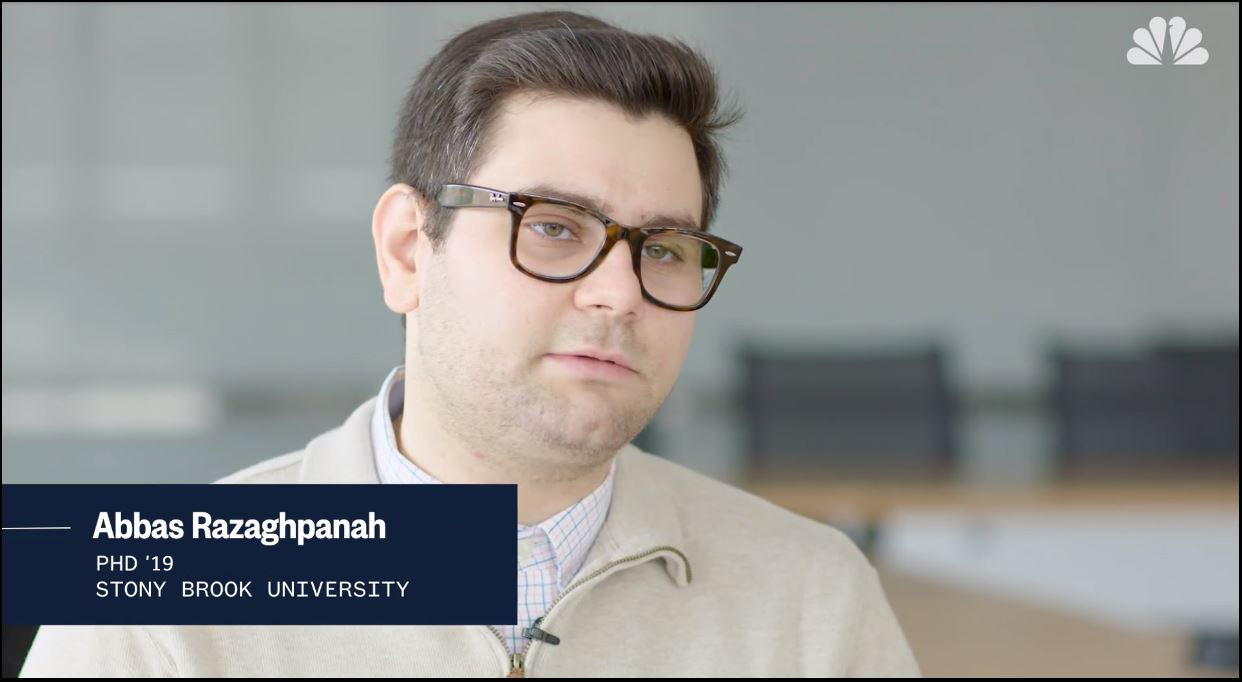
 Recent Stony Brook
Recent Stony Brook 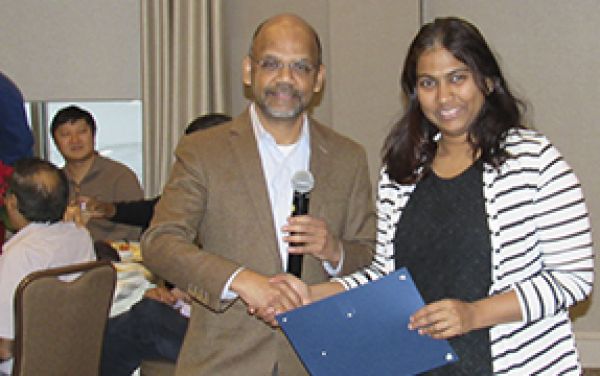
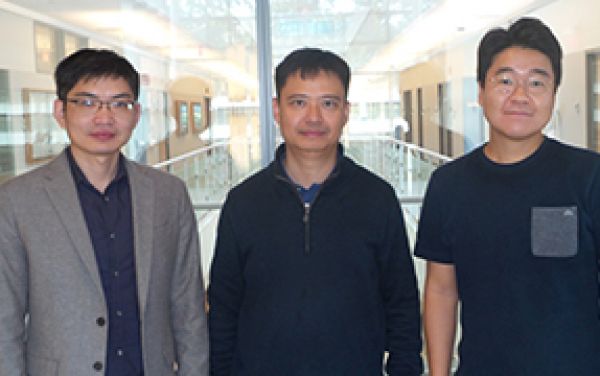
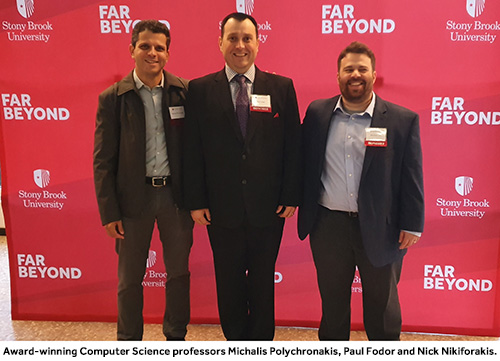
 Several members of the Department of
Several members of the Department of 
